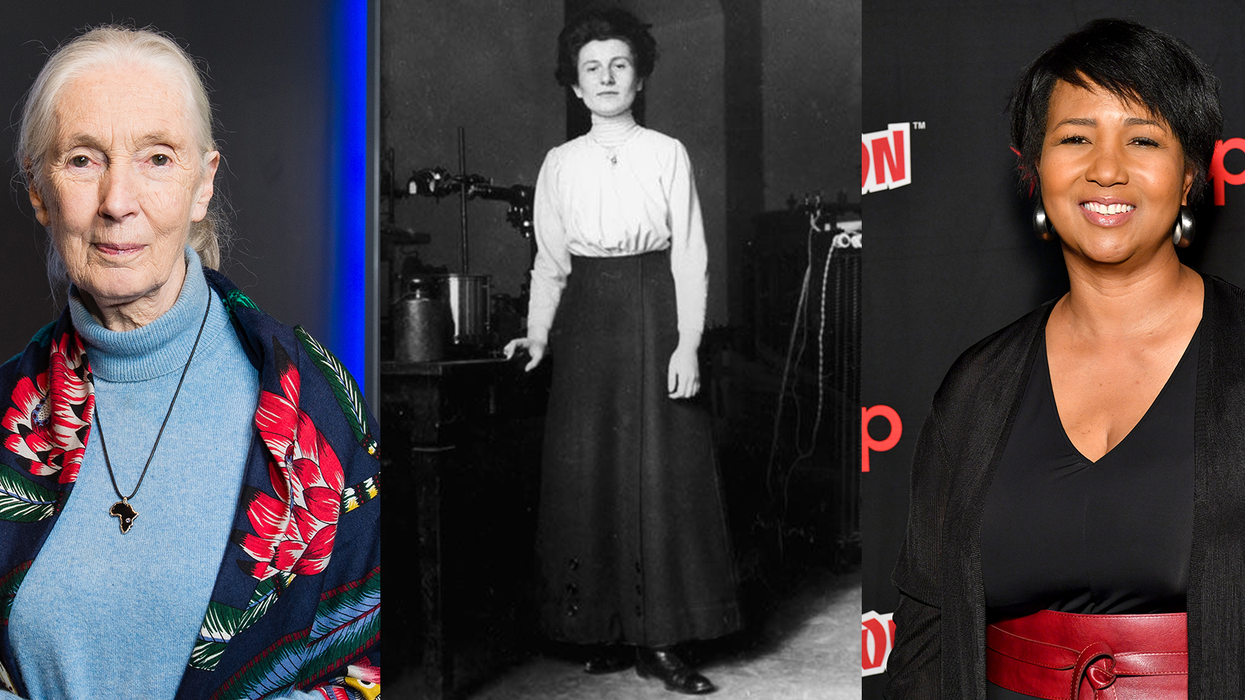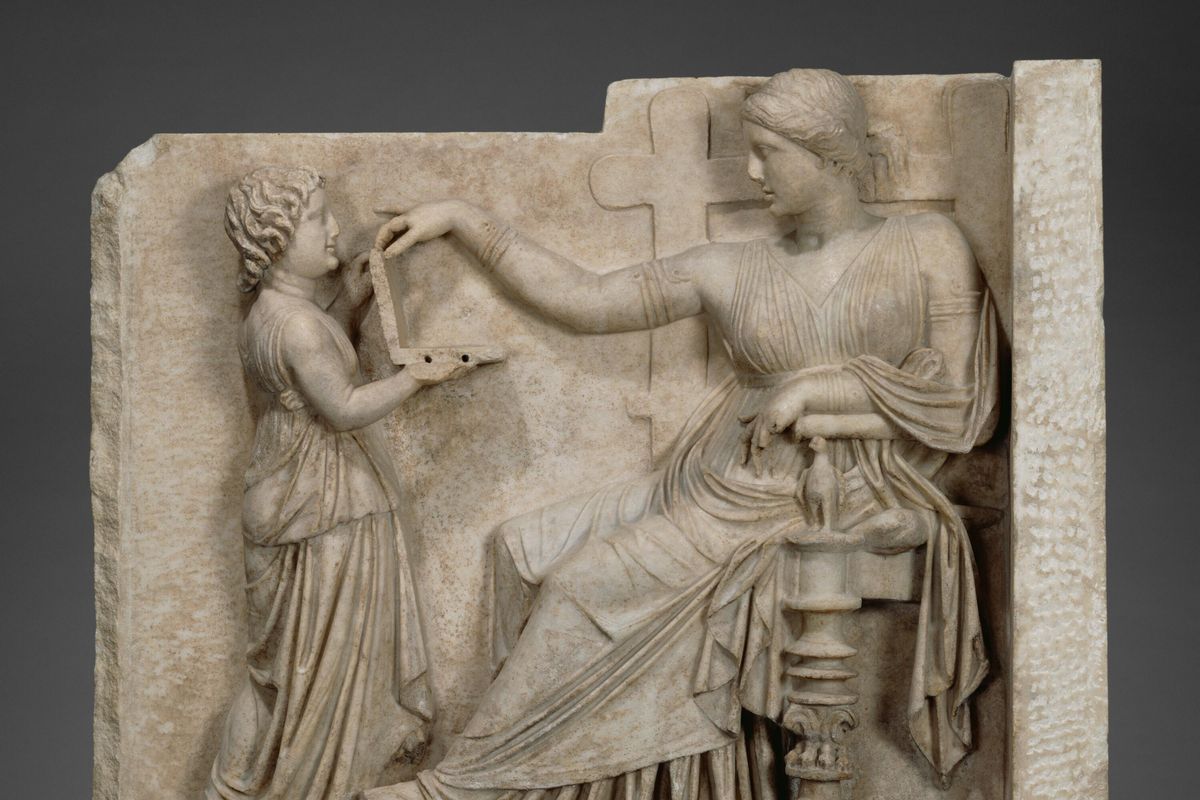News
Lowenna Waters
Apr 05, 2019
Today's Google Doodle celebrates the German Jewish physicist Hedwig Kohn, who would have celebrated her 132nd birthday today.
To put it simply, Kohn was a seriously awesome woman. Not only was she a trailblazer within physics who smashed STEM stereotypes, but she was also one of only three women certified to teach physics at a German university before World War II.
To celebrate her achievements, we've compiled a list of the most incredible female scientists out there. Enjoy!
1. Hedwig Kohn
Kohn was born in 1887, and obtained her doctorate in 1913 at the tender age of 20, after training from notable physicists Otto Lommer and Rudolf Ladenberg. Throughout her long career, she overcame trials and adversity to become a notable physicist, during a time when opportunities for both women and Jews were severely limited.
During her life, her findings were published in more than 20 journals, as well as in a physics textbook used as a standard introduction in radiometry during the 1960s.
In 1930, she was given 'Habilitation' at a university, the term used to describe academics who were able to teach at a university. Kohn was one of only three women to do so before World War II, however in 1933, she was removed from her post by the Nazis when regulations barring Jews' ability to work for the government came into place.
By 1938 it was apparent that she would no longer be safe in the country, and it was two years before she was able to secure a job in America. Due to her persistence, she was able to secure a job at the Women's College in North Carolina, before finishing her career at Duke University.
She passed away at the age of 77 in 1964, having overcome many trials and tribulations, to make an indelible mark on the world of physics.
2. Marie Curie
Everyone has heard of Marie Curie, the famous physicist and chemist, and her contributions to science are second to none.
The Polish scientist studied at the Sorbonne, where she headed a physics lab in the early 1900s, at a time when women really didn't teach science at European universities, where she pioneered research into radioactivity, a term that she also coined.
In 1903, she was jointly awarded the Nobel Prize, alongside her husband. She was the first woman to ever be awarded a Nobel Prize, and the only person to win one in two different sciences.
3. Jane Goodall
Jane Goodall, an English primatologist and anthropologist, is perhaps the most famous primate scientist in history and is renowned for her work with chimpanzees, as well as for being a champion of animal rights.
Instead of spending her time inside a lab, she worked consistently in the field, climbing trees and mimicking the behaviour of chimps in their natural habitat in Tanzania in order to gain their trust and to study them in their natural habitat.
Her work was crucial in discovering that similarities between humans and chimpanzees extend much further than genetics and are also reflected behaviourally with shows of emotion, intelligence, family and social relationships.
4. Mae C. Jemison
Mae C. Jemison is the first ever African American female astronaut, and in 1992 she became the first-ever black woman in a space crew, and the first member on the space ship Space Shuttle Endeavour.
Before becoming an astronaut, she worked as a doctor, who served with the Peace Corps in Sierra Leone and Liberia. She's also an active and outspoken feminist, who proves that achieving your dream is possible whatever your gender.
5. Rosalind Franklin
Franklin was born in 1920, and was celebrated as a revolutionary for her work as a biophysicist working to discover DNA, as well as understanding X-rays and molecular structure.
She's best known for her work on Photo 51, while at King's College, which led to the discovery of the DNA double helix. The discovery that is often regarded as one of the most important of the 20th century saw the Nobel Prize in Physiology and Medicine awarded to James Watson, Francis Crick and Maurice Wilkins in 1962, four years after Franklin passed away from ovarian cancer.
Watson later said that Franklin would have ideally been awarded a Nobel Prize in chemistry alongside Wilkins for her work but that the Nobel Prize sadly did not generally choose to make posthumous nominations.
More: Everything you could possibly need to know about the Spring Equinox this year

Top 100
The Conversation (0)













